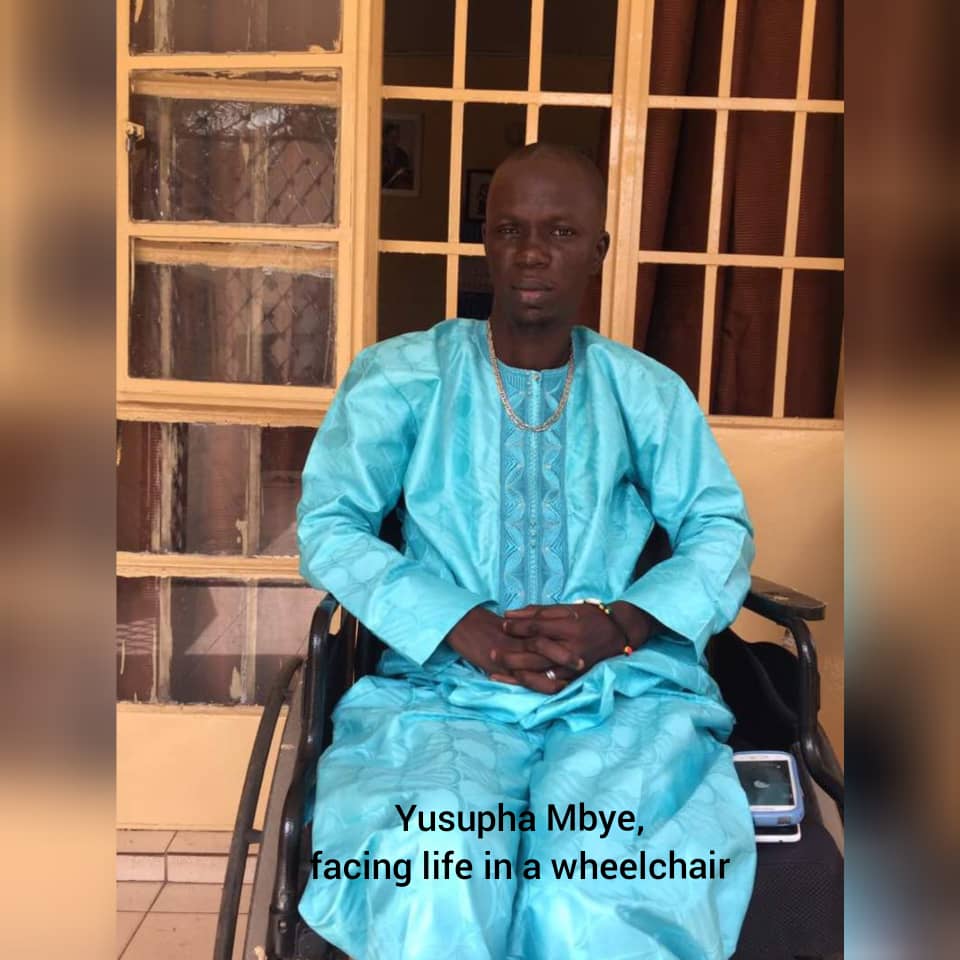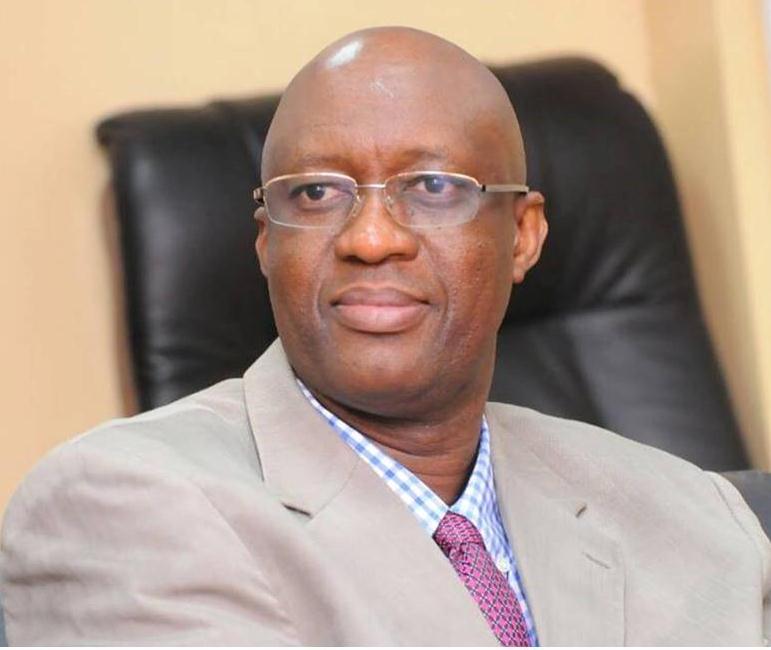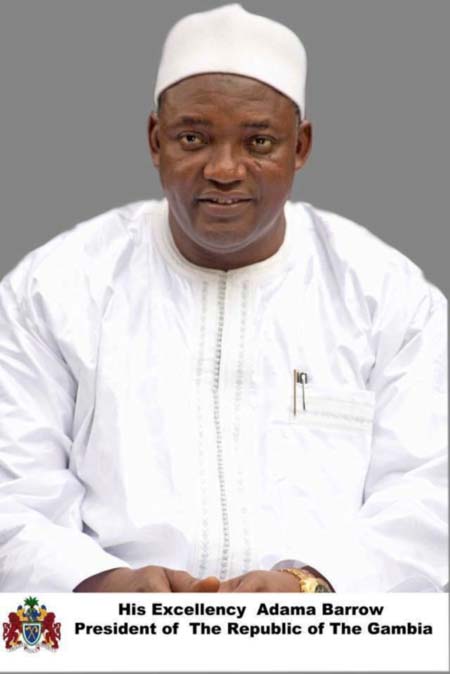Yusupha Mbye, survivor of April 10/11 has demanded one hundred thousand [D100, 000] to treat himself and he expressed his dissatisfaction about how the government is treating him and other victims.
In a letter dated 22 July 2021 to the TRRC, Mr Mbye said “the services I would therefore require are as follows: Hire of a permanent nurse for my upkeep, Continuous provision of urine bags, Continuous provision of catheter bags, Provision of electric wheelchair with continuous replacement when necessary, Continuous access to physiotherapy services, Continuous access to general healthcare, Continuous provision of means of transportation, Provision of a permanent and monthly monetary allowance subjected to adjustment in line with prevailing economic circumstances, and to be lodged in a bank account to take care of my feeding, accommodation, clothing, and general upkeep
“These are basic services that I would need in order to live a decent life with minimal strain and infringement on my dignity and privacy. I wish to therefore submit these to the Commission for urgent consideration.”
“In cases like mine, no amount or kind of reparations can indeed restore my rights and dignity in full. I have come to recognise and accept the fact that I have been permanently disadvantaged, incapacitated and disempowered by the events of April 10/11. After having lost the opportunity to complete my education, and now permanently wheelchair-bound, I have been pushed into a permanent position of disability that I would forever remain at the mercy of other human beings to help me to even take care of my personal hygiene. By this reality alone, my privacy and dignity have become severely compromised, if not violated consistently,” he added.
He continued: “Having noted the above, I wish to react to the issue of reparations to victims. Let me state that more than anything, reparations are the most potent means through which victims could find total closure and solace after knowing the truth of what happened to them. While prosecutions focus on perpetrators, reparations on the other hand, provide victims an opportunity to repair their lives by restoring them to their previous state, or close to it, as best as possible.
“In light of the above, I look towards reparations only as a mitigating measure to enable me to manage to live with some modicum of ease, privacy and dignity. For that matter, I do not wish to be given a one-time payment of any amount of money. Rather I require services to be provided to me for the rest of my life in order to avoid being plunged into a deeper state of destitution, sickness and poverty. In this regard, I wish to bring to the attention of the State, which is the perpetrator in my case, like many others, to take its full obligation to provide me the means to enjoy a decent and reasonable state of health and dignity.”





